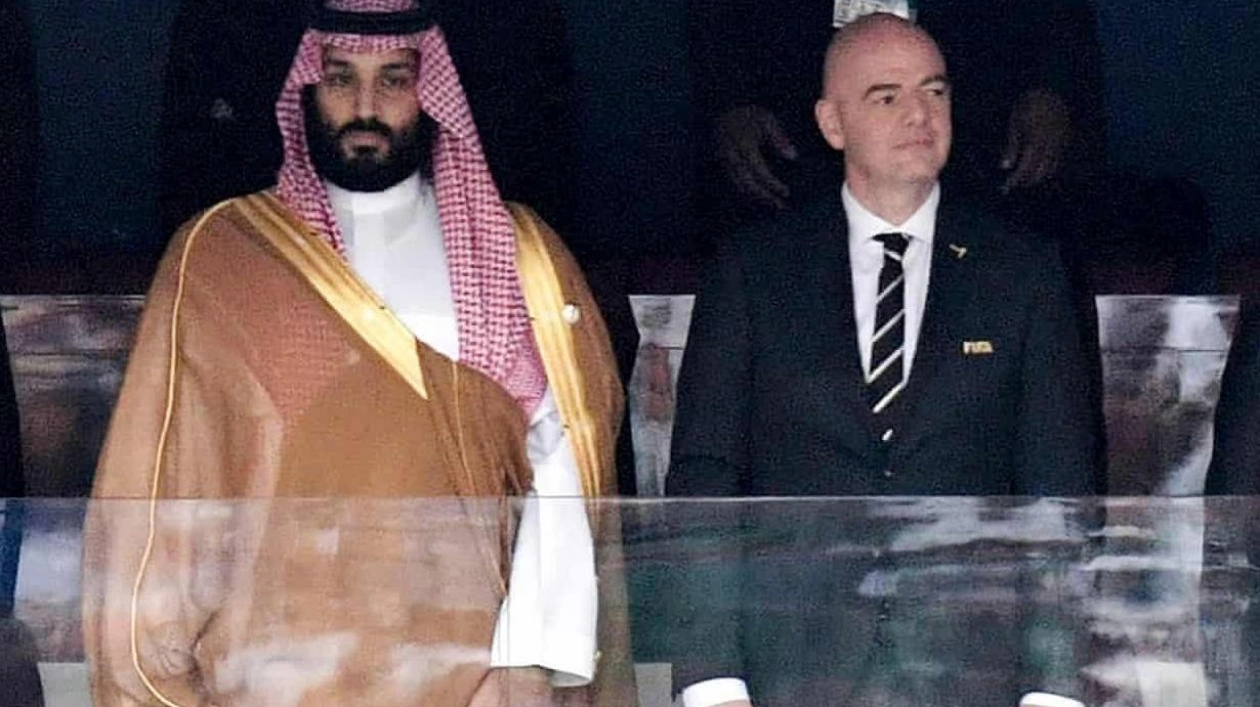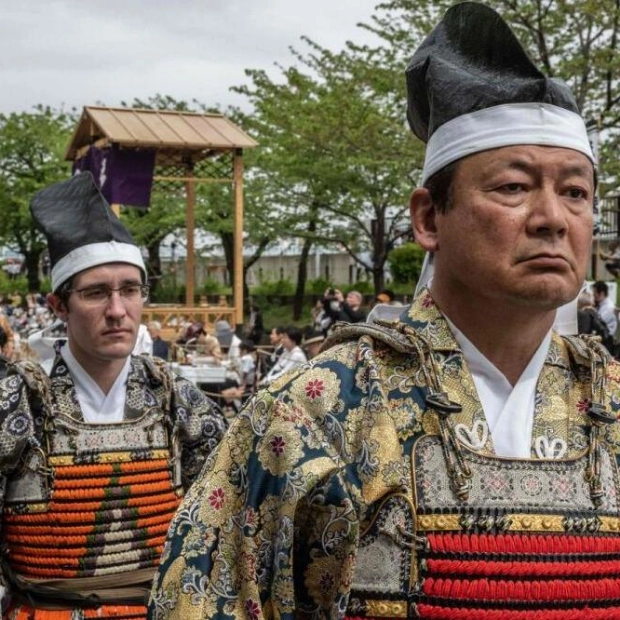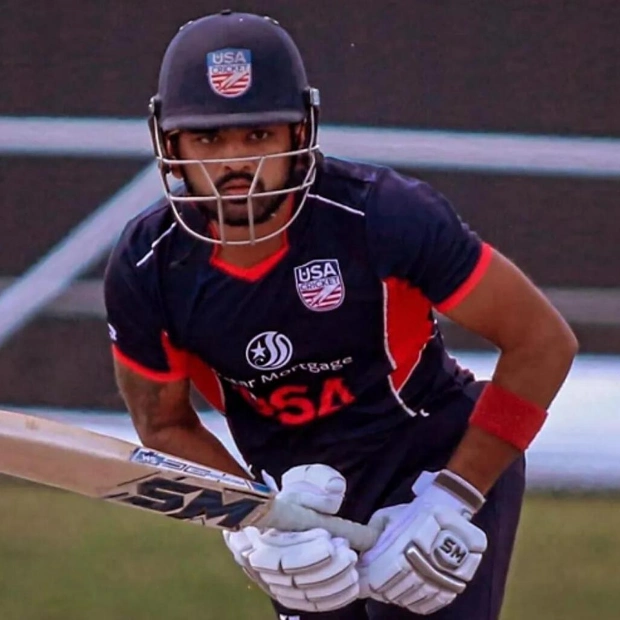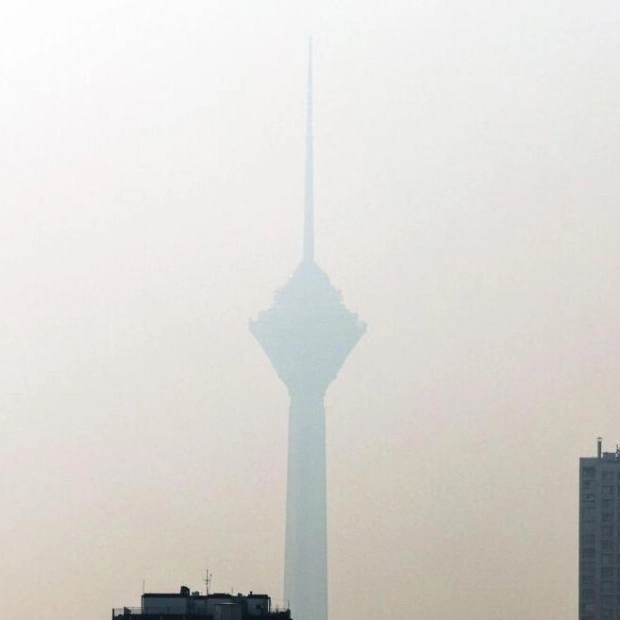In the early hours of Saturday, November 30th, Fifa released a glowing evaluation of Saudi Arabia's bid to host the 2034 World Cup, awarding it the joint-highest score among bidding nations and deeming it to pose only a 'medium' human rights risk.
Simultaneously, Fifa quietly published a long-awaited report on whether it should compensate migrant workers who endured severe labor abuses related to the 2022 World Cup in Qatar. Despite a recommendation from its own subcommittee on human rights and social responsibility to do so, Fifa effectively responded with a resounding no.
These reports sparked backlash from human rights groups, who labeled the former an 'astonishing whitewash' and the latter 'insulting'. The strong language reflects the frustration among human rights organizations, who believe Fifa has learned nothing from the Qatar experience and that the gross exploitation of cheap labor is set to be repeated.
When the Guardian first exposed the appalling conditions faced by low-wage migrant workers in Qatar in 2013, it sparked international outrage. Hundreds of thousands of men from some of the poorest regions of the world were working in the scorching desert heat to build infrastructure and stadiums for the 2022 World Cup.
Testimonies from these workers revealed a litany of abuses: passport confiscation, late or non-payment of wages, inhumane living conditions, and a 'sponsorship' system that prevented them from changing jobs regardless of treatment. Thousands died in the decade leading up to the tournament, leading many to view it as a form of modern slavery in the name of football.
Now, it is Saudi Arabia's turn. In its World Cup bid, the Gulf kingdom outlined ambitious plans for 11 new stadiums, a massive expansion of its transport infrastructure, and over 185,000 new hotel rooms, quadrupling its current number.
Like Qatar, Saudi Arabia's World Cup infrastructure will largely be built by migrant workers from South Asia. With over 13 million foreigners in the country, including at least 2 million from Bangladesh, these numbers are expected to surge as construction related to the tournament accelerates.
For over a year, human rights groups have warned of the risks these workers will face. Amnesty International recently called for the bidding process to be halted unless significant reforms were implemented, stating, 'migrant workers will face exploitation, and many will die'.
These warnings are proving accurate. Last month, it was revealed that Bangladeshi workers constructing the first proposed new stadium for the World Cup alleged serious labor rights violations. Trapped by massive recruitment debts and having their meager wages withheld for months, they work 10-hour shifts in scorching summer heat, returning each day to squalid, overcrowded rooms resembling prison cells.
Earlier this year, a Guardian investigation found that, on average, four Bangladeshis die in Saudi Arabia daily—a death toll largely unexamined and unexplained.
The Saudi authorities and Fifa acknowledge the need to improve migrant worker treatment but argue—as they did in Qatar—that the World Cup will act as a catalyst for change. This view is not shared by workers still in Qatar. 'There has been no improvement in workers' lives here,' said one. 'People are struggling to find work, many don't even have money for food. After the World Cup, each day is worse than the day before.'
Source link: https://www.theguardian.com






